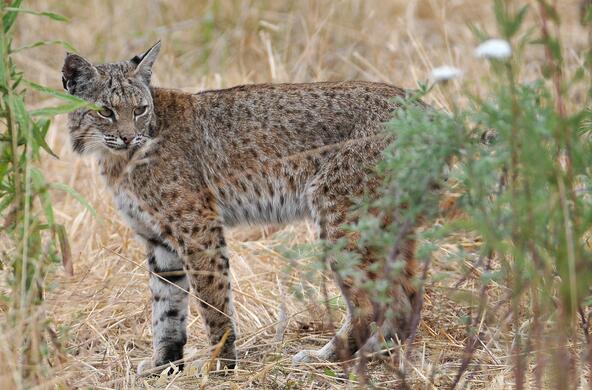Speaker: Dr. Nitin Sekar, Conservation Scientist, former national lead for elephant conservation at WWF India
Having overtaken China in population, India is arguably now the most crowded society in human history. It is also home to the world's largest remaining populations of wild tigers, Asian elephants, Asiatic lions, one-horned rhinos, and a host of other charismatic but dangerous megafauna. As a result, India continues to face dramatic human costs from conservation - for instance, about 500 people are killed by elephants each year.
Nitin will explore the role ecological narratives have played in rationalizing the conservation of species that often take human life. He will then discuss how WWF-India has attempted to create a multi-disciplinary research program that addresses both human and elephant well-being, showcasing specific research projects on human-elephant conflict and habitat restoration to demonstrate efforts to realize a more ethically defensible approach to wildlife conservation in an inequitable country.
Dr. Sekar is interested in how ecology, sociocultural practices, and policy affect the well-being of humans and non-human animals. As a graduate student, Nitin worked on the functional ecology of Asian elephants as seed dispersers, the processes underlying the relocation of villages from Indian tiger reserves (and the effects of relocation on human well-being), the effect of legalizing the ivory trade on the poaching of elephants, and how cultural tourism affected pricing of tour packages. More recently, at WWF-India, Nitin established a research program exploring the drivers of human-elephant conflict at multiple scales and testing the effectiveness of interventions to reduce conflict.







